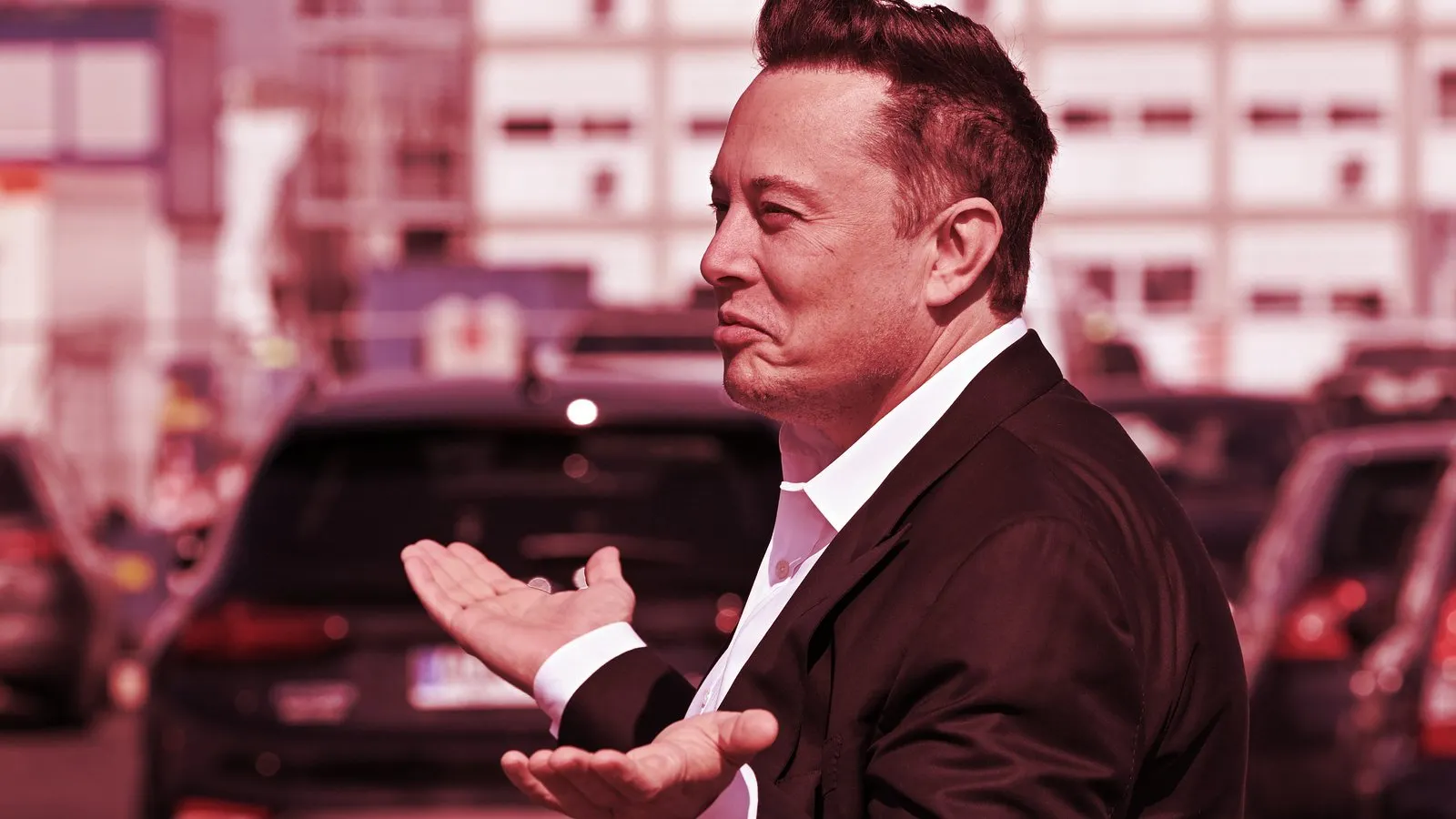Tesla CEO Elon Musk just gave out one piece of advice on Twitter, implying that crypto fans should not use apps like Robinhood and PayPal in order to store Bitcoin or other cryptocurrencies.
During a back and forth exchange with Freewallet, he reproached the app for lacking one important feature. “Any crypto wallet that won’t give you your private keys should be avoided at all costs,” Musk tweeted to Freewallet.
Any crypto wallet that won’t give you your private keys should be avoided at all costs
— Elon Musk (@elonmusk) February 10, 2021
Freewallet is an online app that lets you store Bitcoin and other cryptocurrencies, but it doesn't let you look after your own private keys. In the conversation, Musk explained that his wallet was locked and Freewallet shortly managed to solve his issues. But his comment can apply more widely to many high-profile apps.
Robinhood and PayPal are two of the most well-known apps that allow their users to buy and sell cryptocurrency. But one key thing they both lack is the ability to custody your own coins. This is the ability to possess your own private keys and send your coins outside the app. This means that while you can get price exposure, you don’t possess the coins in the same way as if you held them in your own wallet.
In the blockchain world, users can retain full control over their funds via private keys and seed phrases. A private key essentially acts as a password, allowing you to spend your coins. It can also be translated into a 12-word seed phrase to make it easier to write down.
Because you can store cryptocurrencies in your own wallet—without the need to trust any third party—there is a mantra in the crypto community called “Not your keys, not your coins.” This means that, unless you actually hold the private key to your own coins, you’re not really the one holding them. In fact, someone else is holding them for you. And with the underlying ethos of being your own bank and not trusting intermediaries, diehard crypto fans tend to shun any app that doesn’t let you have your private keys.
And now that group of fanatics includes Musk—whose company Tesla, as you probably know, invested $1.5 billion into Bitcoin last month.

